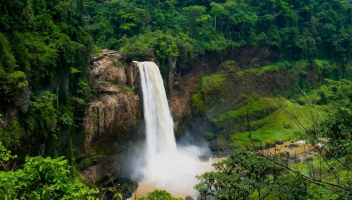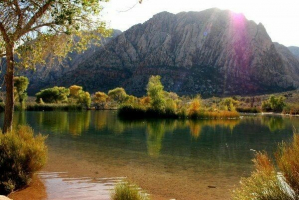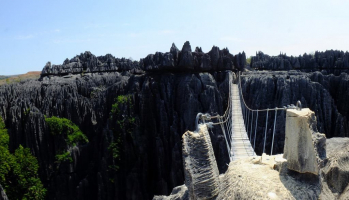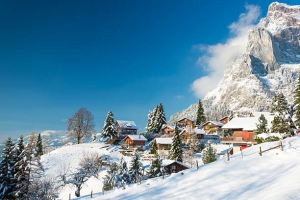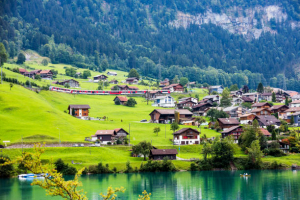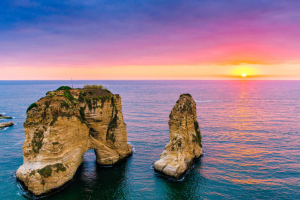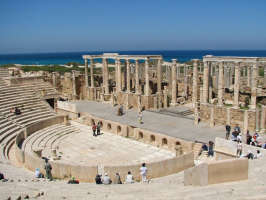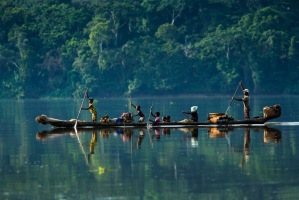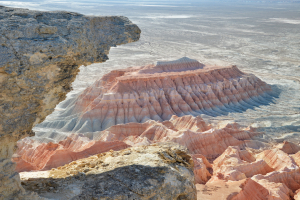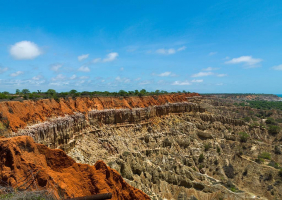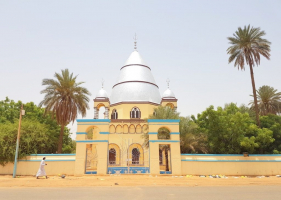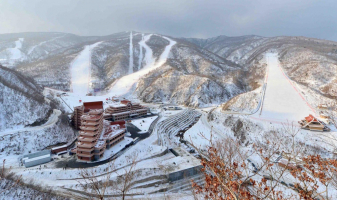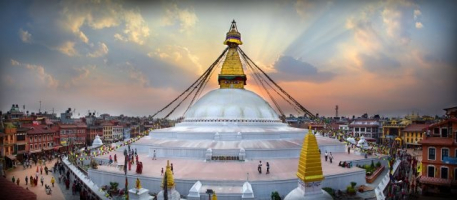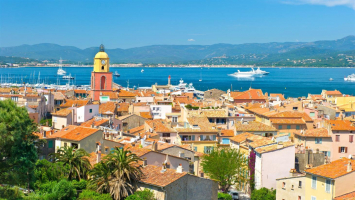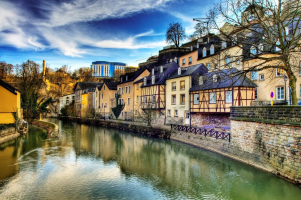Top 10 Best Places To Visit in Iowa
Iowa is a beautiful location to explore, being bounded by the Missouri River to the west and the Mississippi River to the east. It is mostly made up of gently ... read more...sloping hills, abundant farmland, and charming little towns and villages, some of which showcase the rich Dutch, German, and Scandinavian history. Let's look at the Best Places To Visit in Iowa.
-
In Dubuque, Iowa, the United States, there is a museum called the National Mississippi River Museum & Aquarium. The Dubuque County Historical Society, which also manages the Mathias Ham Historic Site, owns the museum. The National River Center and the Mississippi River Center are the two structures that make up the museum's riverside complex. It is on the top of the Best Places To Visit in Iowa.
On July 18, 1982, the museum first debuted as the Fred W. Woodward Riverboat Museum before being enlarged and rearranged into its current layout. American river culture and history are explored in museum displays at the National Mississippi River Museum & Aquarium.
Additionally, there are more than a dozen aquariums on the site that house animals that may be found in the Mississippi River, the Gulf of Mexico, and other river systems and deltas. These animals include gigantic catfish, sturgeon, ducks, frogs, turtles, rays, octopus, river otters, and more. Additionally, there are outdoor displays with river otters, a marsh, enormous antiques, a blacksmith shop, a stream, and raptor aviaries with bald eagles among them.
Google rating: 4.7/5.0
Location: 350 E 3rd St, Dubuque, IA 52001, US
Phone: +1 563-557-9545
Website: https://www.rivermuseum.com/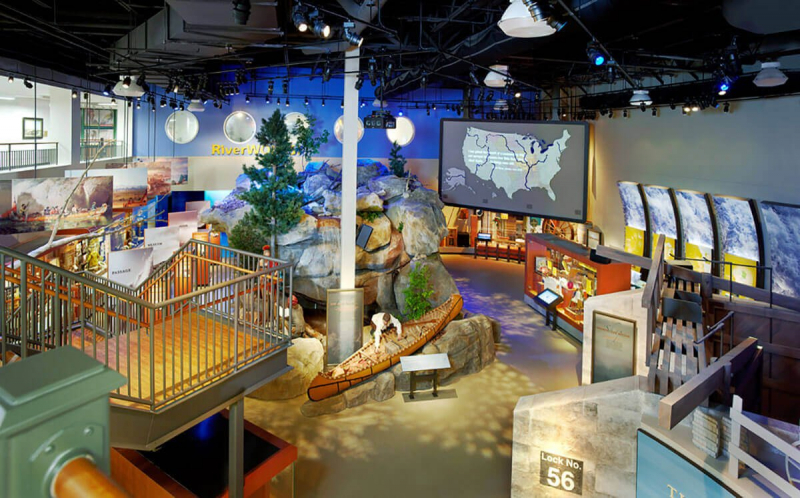
https://www.touropia.com/ 
https://www.touropia.com/ -
The Amana Colonies, a group of seven tiny, picturesque, and remote settlements located in the east of Iowa, were established in 1855 by German immigrants. The villages are today a famous tourist destination because they are so beautifully maintained and because their residents still practice many of their rich cultural practices.
The seven communities were built by persecuted Pietists who wanted to build self-sufficient civilizations. They were arranged in a small loop. As a result, they were self-sufficient in terms of farming the land and producing their own handicrafts, furniture, and housing. The isolated and pious society didn't decide to become more accessible to the outside world until 1932, after the Great Depression.
Visitors may now stay in cozy bed and breakfasts and historic farms while taking in the Amana Colonies' attractive and authentic communities. Additionally, there are a ton of artisanal stores and studios where visitors may purchase regional goods, crafts, and artwork.
Google rating: 4.6/5.0
Location: 622 46th Ave, Amana, IA 52203, US
Phone: +1 319-622-7622
Website: https://amanacolonies.com/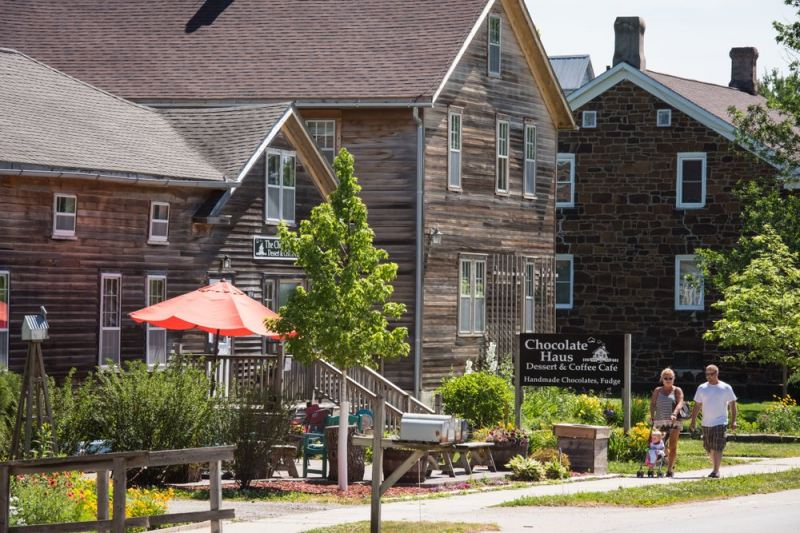
https://amanacolonies.com/ 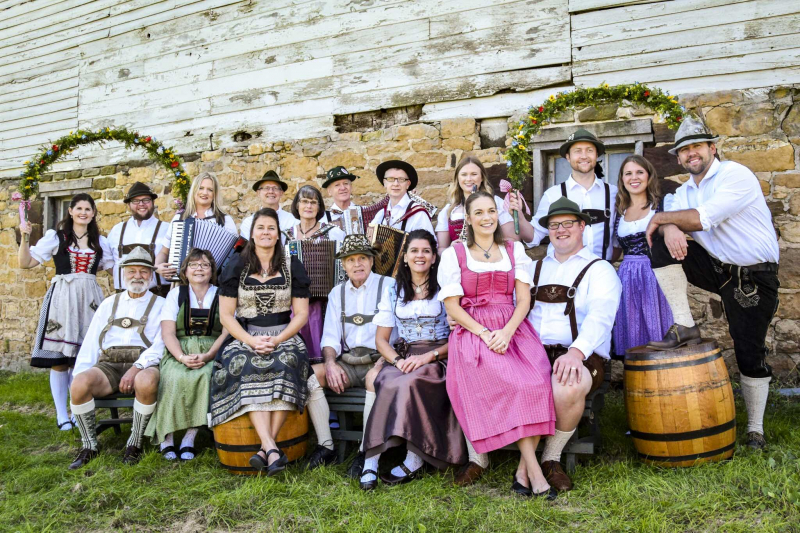
https://amanacolonies.com/ -
In Cedar Rapids, Iowa, in the United States, there is a museum and library dedicated to the history and culture of the Czech and Slovak peoples. The museum and library were founded in 1974, and they moved to their current location in 1983. The 2008 flood in Iowa had a significant negative impact on the museum and library. The National Czech & Slovak Museum & Library reopened in 2012 after construction work on the extension and restoration was finished.
Due to the flood damage, it was challenging for the museum property to get insurance, and exhibitions that included objects on loan from other museums had to be cancelled out of fear of another flood. The museum chose to relocate and expand the museum to a higher location rather than demolish the previous facility since it would have cost $713,000 to move the structure, which was 15 years old, as opposed to an anticipated $2 million to tear down and rebuild it.
The structure of the building held up despite the water damage. The museum added that it want to prevent generating needless landfill garbage and maintain the old structure for its historic importance. National Czech & Slovak Museum & Library is also one of the Best Places To Visit in Iowa.
Google rating: 4.7/5.0
Location: 1400 Inspiration Pl SW, Cedar Rapids, IA 52404, US
Phone: +1 319-362-8500
Website: https://ncsml.org/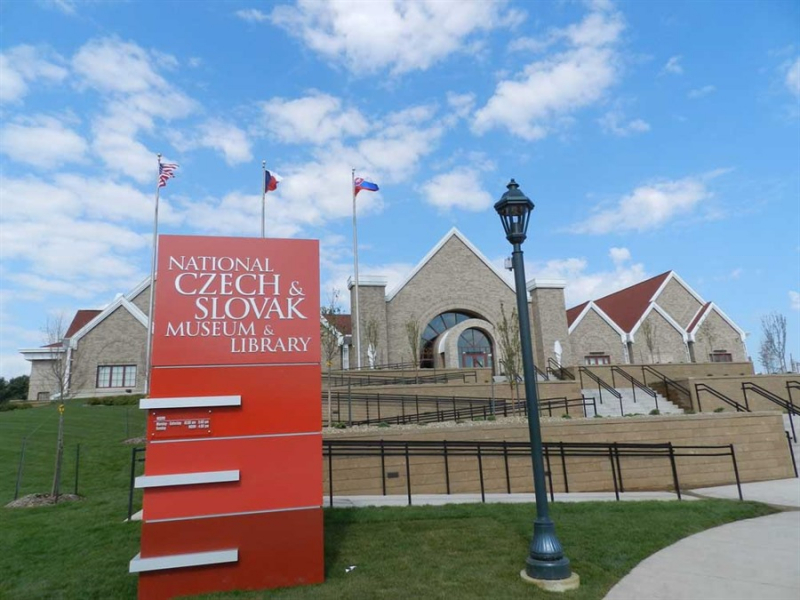
https://www.touropia.com/ 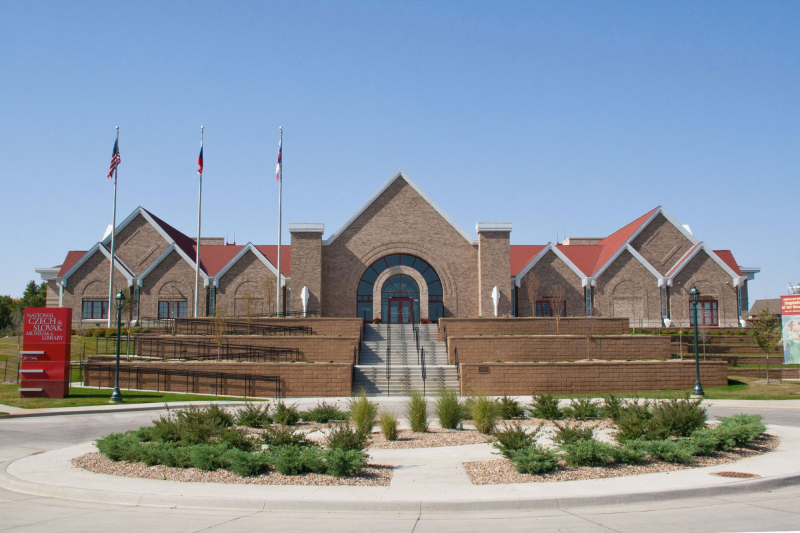
https://www.touropia.com/ -
In Jackson County, Iowa, there is a state park called Maquoketa Caves State Park. It is located to the northwest of Maquoketa. On the east side of the park, 111 acres (45 ha) were added to the National Register of Historic Places in 1991 as a historic district. Compared to other state parks in Iowa, this one has the most caverns.
A network of trails connects the caverns, rock formations, and viewpoints while offering beautiful hiking opportunities. The route to the caverns is safer thanks to recent improvements in several places along these pathways.
People with ordinary physical capabilities can access the majority of the caverns, while some are more difficult. But from 2010 until April 2012, the park's caverns were off-limits to visitors in an effort to safeguard the local bats from white-nose disease. The park is located in Iowa's Driftless Region. While the areas to the east and west were not spared, this region avoided glaciation during the previous ice age.
Google rating: 4.8/5.0
Location: 9688 Caves Rd, Maquoketa, IA 52060, US
Phone: +1 563-652-5833
Website: https://stateparks.com/maquoketa_caves_state_park_in_iowa.html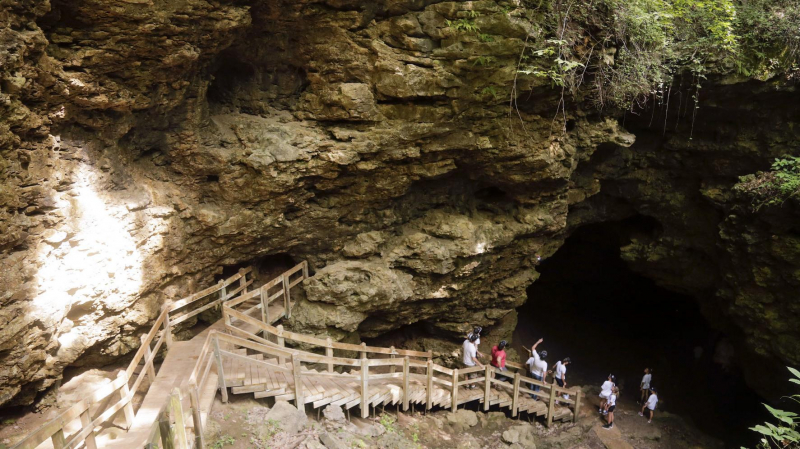
https://www.booking.com/ 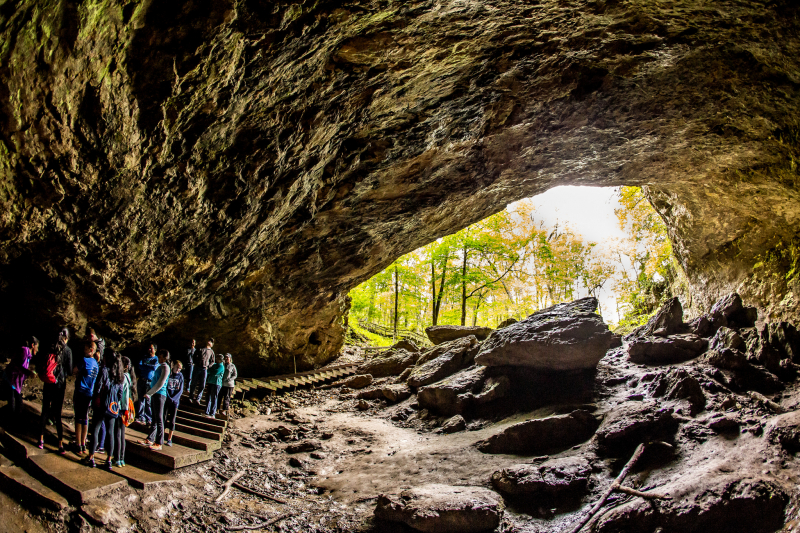
https://www.booking.com/ -
A large collection of mixed media, modern art, sculpture, and paintings may be seen at the Des Moines Art Center. In 1948, it was founded in Des Moines, Iowa. The Des Moines Association of Fine Arts opened gallery space in the Public Library of Des Moines on the banks of the Des Moines River in the city's downtown in 1916, which is when the Art Center got its start.
The majority of the exhibitions are on display for one to three months at a period, and they are rotated around a sizable main gallery throughout the year. These exhibits include solo exhibitions by well-known artists from throughout the world, traveling exhibitions from other institutions, and group exhibitions centered on a particular subject.
The remainder of the museum space has a variety of displays that highlight the permanent collections, such as long-term installations arranged both chronologically and thematically, a video gallery, and tiny areas for transient print and photographic exhibitions. There are outdoor sculptures on the property as well as a rose garden. The museum is encircled on all sides by an outdoor reflecting pool.
Facebook rating: 4.6/5.0
Location: 4700 Grand Ave, Des Moines, IA 50312, US
Phone: +1 515-277-4405
Website: https://desmoinesartcenter.org/
https://www.touropia.com/ 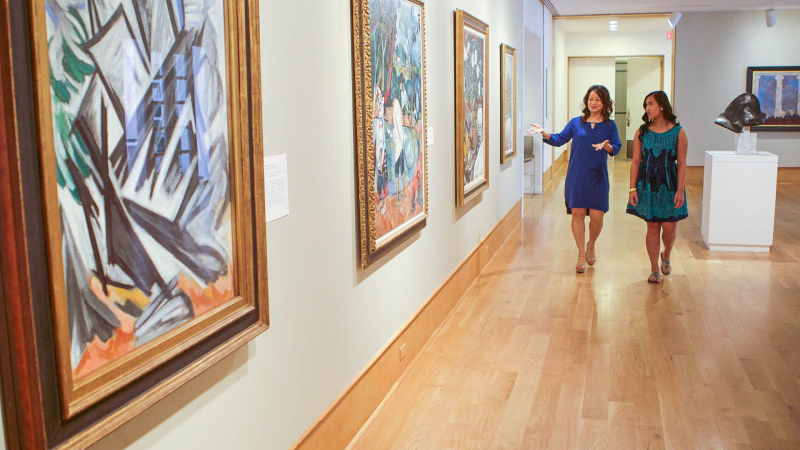
https://www.touropia.com/ -
The Effigy Mounds National Monument is one of Iowa's most mysterious and captivating views, and it can be found next to the Mississippi River and Yellow River. More than 200 magnificent prehistoric burial mounds, lovely woodlands, and expansive river valleys may all be found here.
These incredible earthworks were created by Native Americans over a thousand years ago, and many of them are mounded in the form of animals including birds, mammals, and reptiles. These ancient burial places are revered and connected to many tribes and ethnic groups. The largest and most significant of them all is the Great Bear Mound, which is 42 meters long.
The archaeological site's significance and symbolism, as well as the ecosystems of the nearby forests, prairies, and rivers, are all covered in further detail at the park's visitor center. Hiking through the gorgeous countryside while taking in the stunning burial mounds is a terrific way to experience the Effigy Mounds National Monument.
Google rating: 4.7/5.0
Location: 151 IA-76, Harpers Ferry, IA 52146, US
Phone: +1 563-873-3491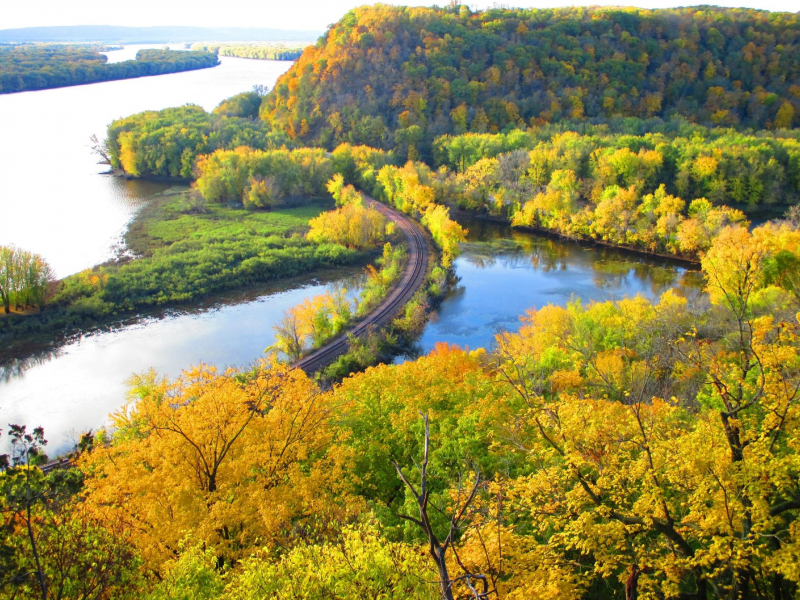
https://www.visitiowa.org/ 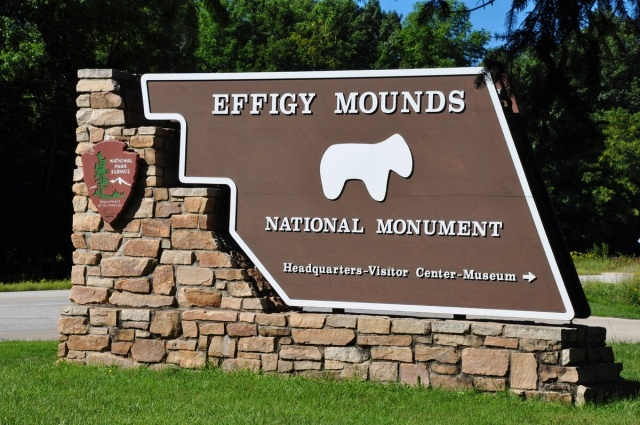
https://www.visitiowa.org/ -
The Herbert Hoover National Historic Site, where the former president was born, inspired him to dedicate his life to serving the public good by being kind and generous. Herbert Hoover was a prime example of the self-made man and the philosophy of individualism. By the time he was 40, his skill as a mining engineer had made him rich. Hoover began his lifelong career of public service after being brought up in the humane and charitable Quaker ways.
The future president was created in 1874 in a modest two-room home. The Birthplace Cottage is the focal point of the Herbert Hoover National Historic Site today, along with other historic structures connected to his early years in West Branch. The location is close to West Branch's downtown historic area. Several West Branch structures that would have been there when Hoover was a youngster may be seen at the National Historic Site. The 1853 schoolhouse was relocated to a place close to its original site. The Friends Meetinghouse where Hoover attended church has also been relocated to the area.
The blacksmith shop owned by Jesse Hoover has been reconstructed. It is free to visit these four structures. Visit the graveyard that is visible from the cottage. A tallgrass prairie is located next to the burial; it was created to approximate the environment that would have been familiar to the first West Branch inhabitants.
Google rating: 4.7/5.0
Location: 110 Parkside Dr, West Branch, IA 52358, US
Phone: +1 319-643-2541
Website: https://www.nps.gov/heho/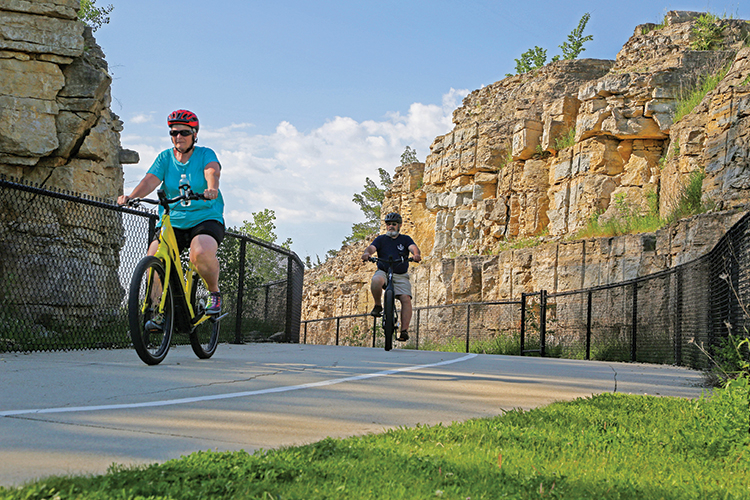
https://taimages.railstotrails.org/ 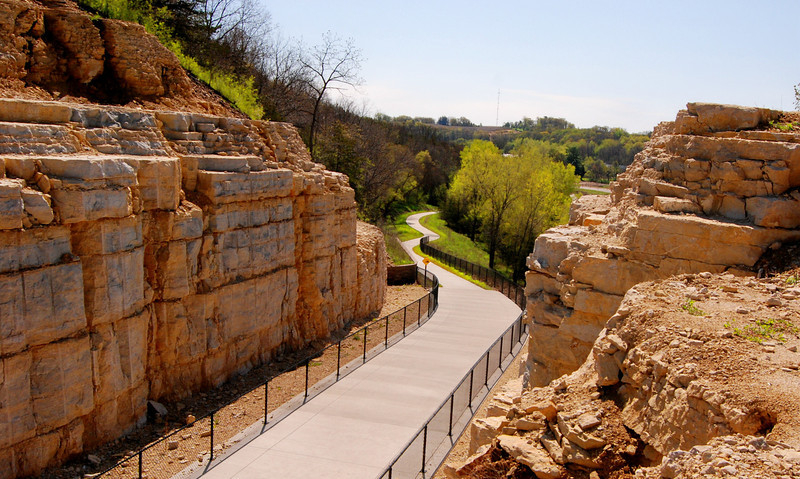
https://taimages.railstotrails.org/ -
Pikes Peak State Park is situated in the northeast of the state, close to the border with Wisconsin, where the Mississippi and Wisconsin rivers converge. It is a well-liked destination in Iowa that will enthrall nature lovers and outdoor enthusiasts with its breathtaking landscape and exceptional natural beauty.
It was established in 1936 and is called for the mountain that towers over the state park. Visitors may take in breathtaking views of the Mississippi River from its towering peak, with lush woods and untamed waters extending as far as the eye can reach. There are several fantastic hiking paths and lovely, isolated campsites tucked away among the park's varied topography and nature. Visitors may meander through its lush forests and tranquil valleys, with the sparkling Bridal Veil Falls being one of its most appealing and photogenic attractions.
Explore Bear Mound, a Native American effigy from the Woodland period, then hike the half-mile boardwalk to Bridal Veil Falls. Hike the four-mile walk to Point Ann for those searching for a more challenging approach and enjoy the breathtaking views of McGregor and the Mississippi River.
Google rating: 4.8/5.0
Location: 32264 Pikes Peak Rd, McGregor, IA 52157, US
Phone: +1 563-873-2341
Website: https://www.iowadnr.gov/Places-to-Go/State-Parks/Iowa-State-Parks/Pikes-Peak-State-Park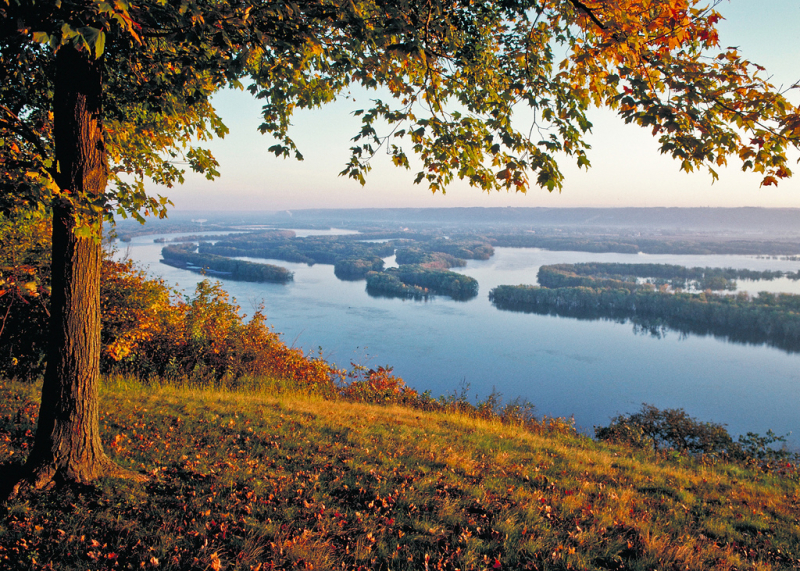
https://www.fitovers.com/ 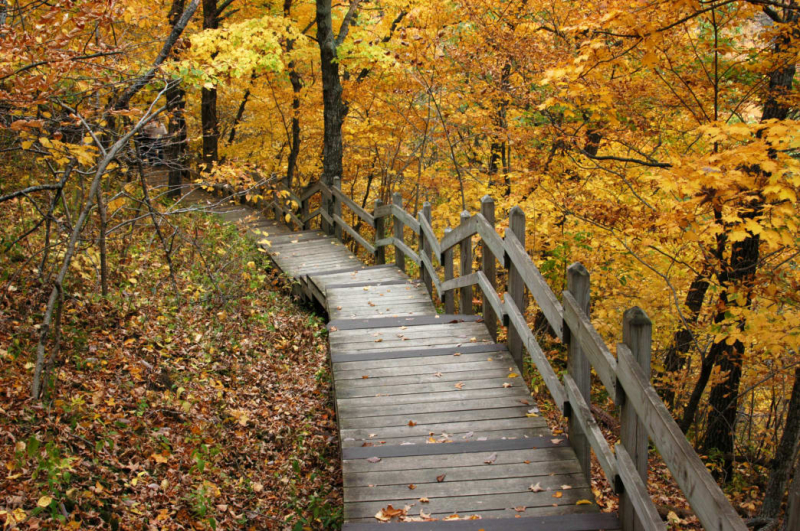
https://www.fitovers.com/ -
A baseball field and popular culture tourist destination, Field of Dreams was constructed for the 1989 film of the same name. It is situated in Dubuque County near Dyersville, Iowa. Since the 1989 debut of the film "Field of Dreams," Dyersville in northeastern Iowa has enjoyed a measure of celebrity. This summer's Major League Baseball game at the Field of Dreams gave it a boost in popularity.
Attendance for the Chicago White Sox vs. New York Yankees game was close to 8,000. Before the game even started, according to Karla Thompson, executive director of the Dyersville Area Chamber of Commerce, tourism increased in the region.
The Field of Dreams is a fantastic location, whether you are a baseball enthusiast or not. If you construct it, you can probably hear it just driving up the road. It was incredible to see the baseball field cut out of the Iowa cornfield, but it was even more fantastic to stroll around the field and play catch with other tourists.
Google rating: 4./5.0
Location: 28995 Lansing Rd, Dyersville, IA 52040, US
Phone: +1 563-875-8404
Website: https://www.fieldofdreamsmoviesite.com/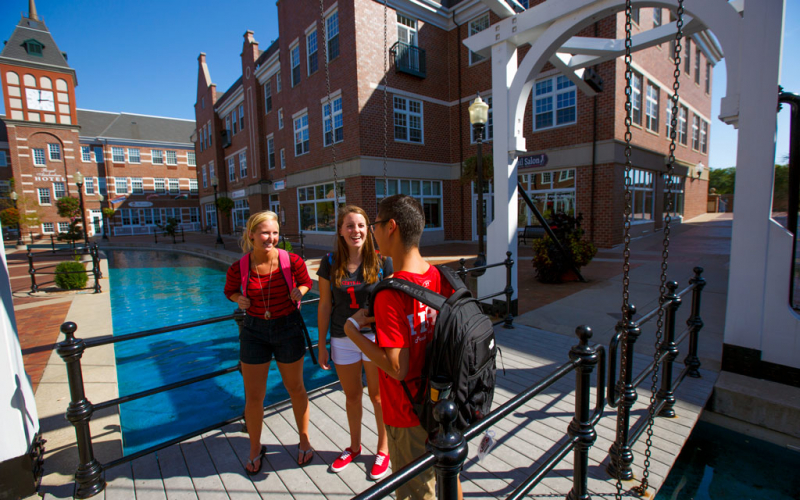
https://www.traveliowa.com/ 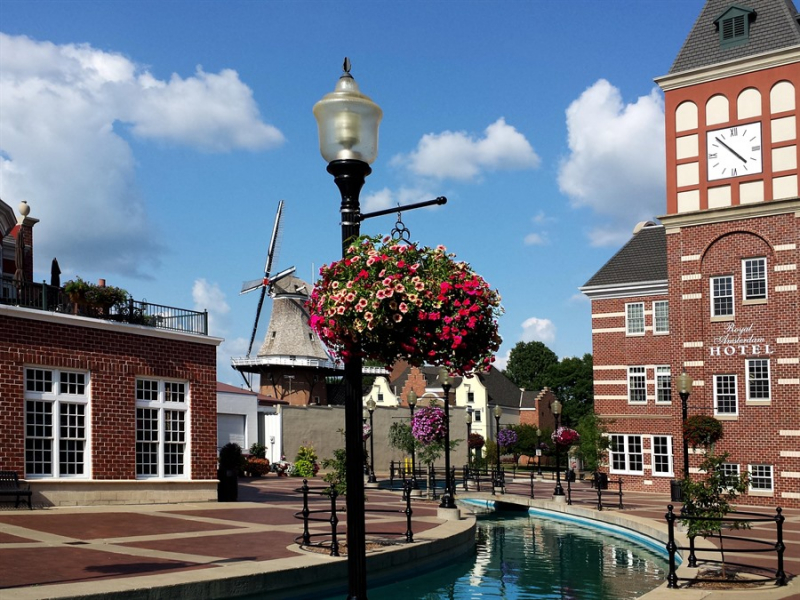
https://www.traveliowa.com/ -
In the Roman Catholic Diocese of Sioux City's West Bend, Iowa, there is a sacred site known as the Shrine of the Grotto of the Redemption. It is thought to be the biggest grotto in the world and is made up of nine grottos that each portray a scenario from the life of Jesus. It also features a sizable collection of minerals and petrified wood. Grotto of the Redemption is one of the Best Places To Visit in Iowa.
It features a museum exhibiting rare and semiprecious stones from all over the world, as well as images and relics related to the shrine's building. German immigrant Father Paul Dobberstein was ordained in 1897. He developed pneumonia and made a vow to the Virgin Mary that if she prayed for him, he would erect a shrine to her. He started hoarding rare stones and pebbles once he recovered. Beginning in 1912, work on the Grotto went on all year round for 42 years.
During his first grotto's construction, Father Dobberstein applied the information and abilities he had learned while completing his study at St. Francis Seminary in St. Francis, Wisconsin. He used expensive diamonds and minerals embedded in concrete as his technique. When Dobberstein passed away in 1954, the Grotto occupied a space the size of a city block. Up until his retirement in 1959, Matt Szerence contributed to the project.Google rating: 4.8/5.0
Location: 208 1st Ave NW, West Bend, IA 50597, US
Phone: +1 515-887-2371
Website: https://www.westbendgrotto.com/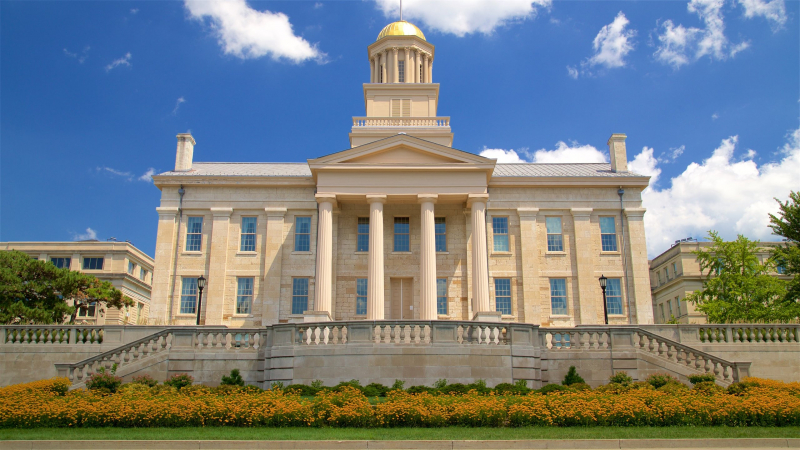
https://thinkiowacity.com/ 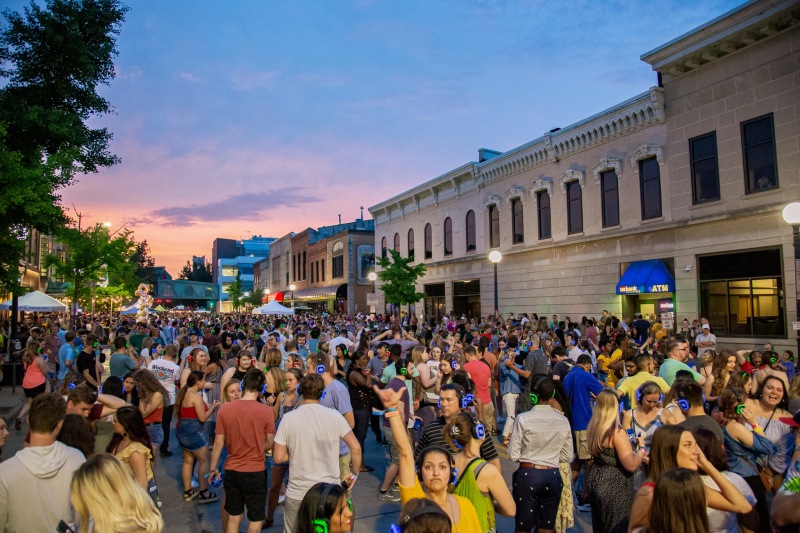
https://thinkiowacity.com/












